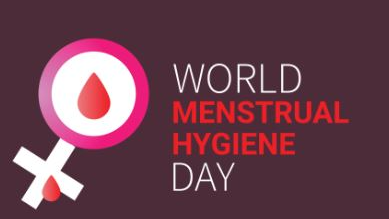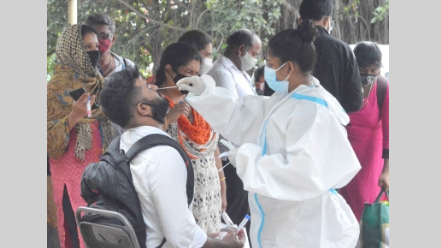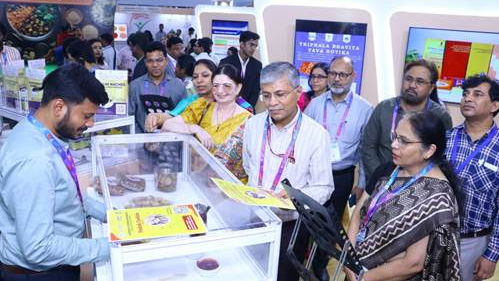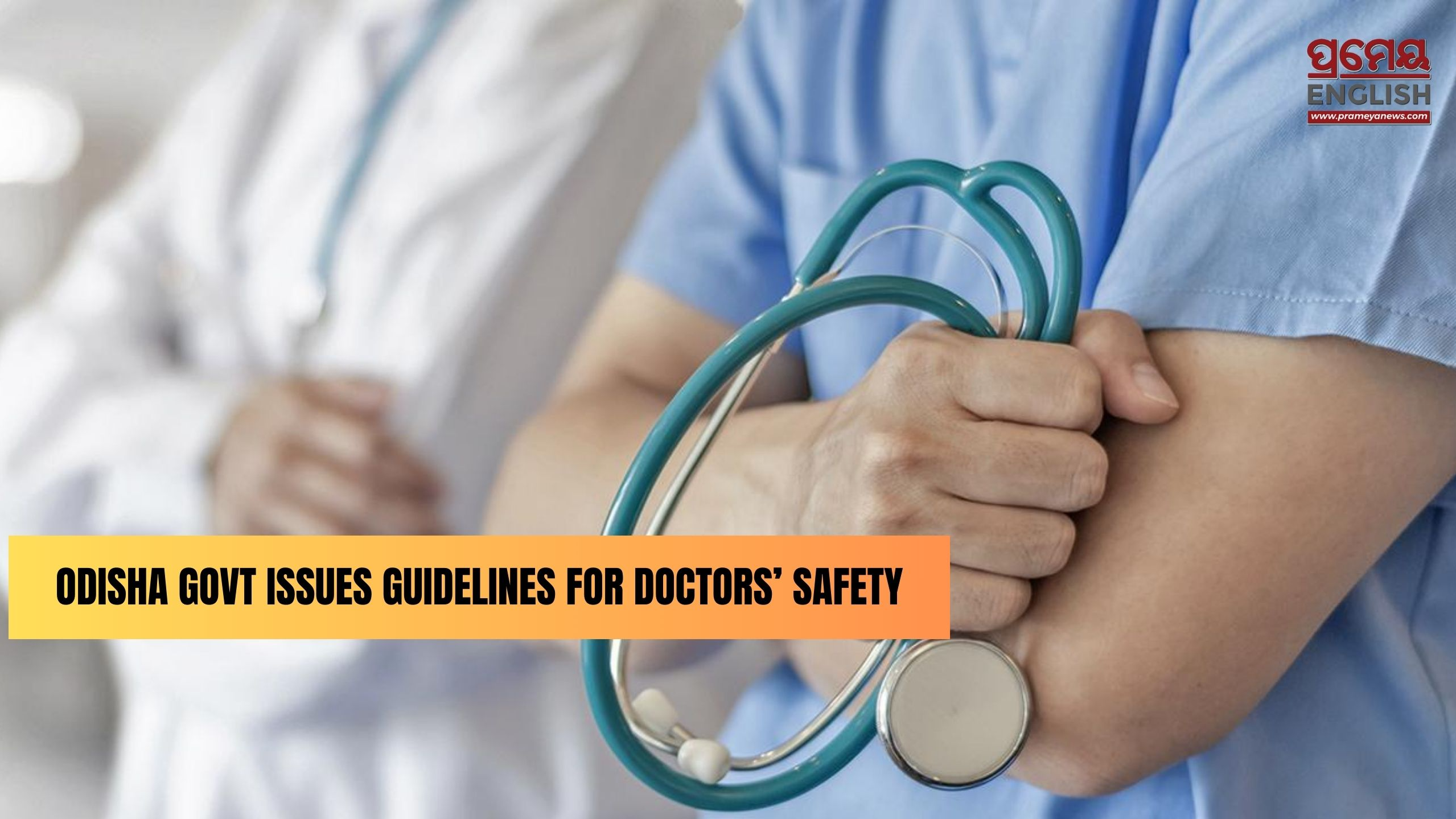Menstrual Hygiene Day 2024: Unveiling health risks

Published By : Prameya News Bureau | May 28, 2024 8:36 AM

As we mark Menstrual Hygiene Day on May 28th, it's crucial to shed light on the severe health risks that arise from poor menstrual hygiene practices. While menstruation is a natural biological process experienced by billions of people worldwide, the lack of access to proper hygiene facilities, education, and menstrual products can lead to various health complications, affecting individuals' well-being and quality of life.
Understanding the impact of Poor Menstrual Hygiene:
In many parts of the world, menstruation is surrounded by stigma, shame, and silence. This cultural taboo often prevents open discussions about menstrual health and impedes access to essential resources and support. Consequently, individuals, particularly those from marginalized communities, may resort to unsafe practices during menstruation, putting their health at risk.
Health Risks associated with Poor Menstrual Hygiene:
Infections: Improper menstrual hygiene, such as infrequent changing of sanitary products or using unclean materials, can increase the risk of infections, including bacterial vaginosis, urinary tract infections (UTIs), and reproductive tract infections (RTIs). These infections can lead to discomfort, pain, and long-term reproductive health complications if left untreated.
Vulvovaginal Irritation: Harsh chemicals present in scented sanitary products or improper genital hygiene practices can cause vulvovaginal irritation, characterized by itching, redness, and swelling. Prolonged irritation may lead to inflammation and discomfort, affecting individuals' daily activities and quality of life.
Foul Odor: Poor menstrual hygiene can result in foul odor due to the buildup of bacteria and menstrual blood. This odor can cause embarrassment and social isolation, impacting individuals' self-esteem and mental well-being. It may also deter individuals from seeking medical assistance or participating in social activities.
Toxic Shock Syndrome (TSS): TSS is a rare but potentially life-threatening condition associated with the use of certain types of menstrual products, such as high-absorbency tampons. Staphylococcus aureus, a bacterium commonly found on the skin, can produce toxins when trapped in the vaginal environment, leading to TSS symptoms, including high fever, rash, and organ failure.
Anemia: Heavy menstrual bleeding coupled with inadequate nutrition can lead to iron deficiency anemia, a condition characterized by low red blood cell count and fatigue. Anemia can affect individuals' energy levels, cognitive function, and overall health if not managed effectively through proper menstrual hygiene and dietary interventions.
Psychological Distress: The stigma surrounding menstruation and the challenges associated with poor menstrual hygiene can contribute to psychological distress, including anxiety, depression, and low self-esteem. Feelings of shame, embarrassment, and social exclusion may exacerbate mental health issues, creating barriers to seeking help and support.
Addressing the challenges:
To mitigate the health risks associated with poor menstrual hygiene, it's essential to adopt a multifaceted approach that addresses the root causes of menstrual health disparities:
Education and Awareness: Comprehensive menstrual health education programs can empower individuals with accurate information about menstruation, hygiene practices, and reproductive health. By fostering open dialogue and challenging cultural taboos, we can promote positive attitudes and behaviors towards menstrual hygiene.
Access to Menstrual Products: Ensuring access to affordable and sustainable menstrual products, such as sanitary pads, tampons, menstrual cups, and reusable cloth pads, is crucial for maintaining proper hygiene during menstruation. Governments, NGOs, and grassroots organizations can collaborate to distribute menstrual products to underserved communities and implement menstrual product subsidy programs.
Improved Sanitation Facilities: Access to clean and safe sanitation facilities, including private toilets with water and hygiene amenities, is essential for managing menstruation hygienically. Investing in the construction and maintenance of gender-responsive sanitation infrastructure can enhance individuals' dignity, privacy, and safety during menstruation.
Empowerment and Advocacy: Empowering individuals, especially women and girls, to advocate for their menstrual health rights is vital for driving systemic change and dismantling menstrual stigma. By amplifying voices, mobilizing communities, and engaging policymakers, we can advocate for policy reforms that prioritize menstrual health as a fundamental human right.
On Menstrual Hygiene Day 2024, let's reaffirm our commitment to promoting menstrual health and hygiene as essential components of gender equality, health equity, and human dignity. By raising awareness about the severe health risks associated with poor menstrual hygiene and taking collective action to address systemic challenges, we can create a world where menstruation is embraced with dignity, respect, and compassion for all.
Tags - Menstrual Hygiene day















































